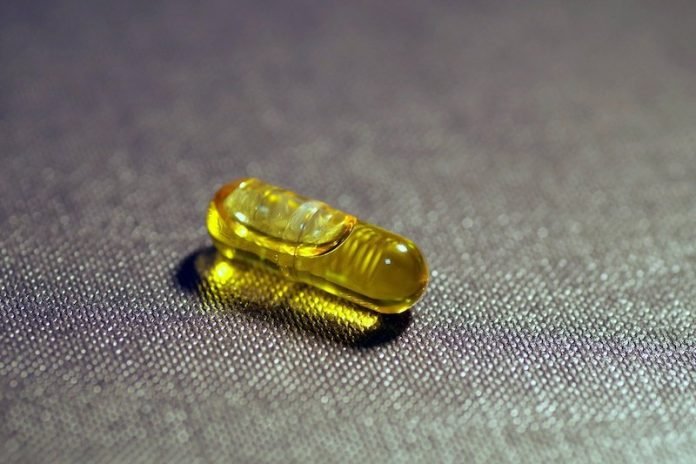
In a new study from Trinity College Dublin, researchers found that vitamin D plays a critical role in preventing respiratory infections, reducing antibiotic use, and boosting the immune system response to infections.
With one in eight Irish adults under 50 deficient in Vitamin D, the report highlights the importance of increasing intake.
The leader of the study is Professor Rose Anne Kenny.
Vitamin D is produced in the skin by exposing the body to just 10-15 minutes per day of sun. In Ireland, vitamin D can only be made between late March and late September.
It cannot be made in winter, and the amount that we make in summer depends on how much sun we get, weather and other factors.
Even in summer, getting a sufficient amount of Vitamin D can pose a challenge due to cloud cover, rainy weather, and a lack of sunshine.
The good news is that deficiency can be remedied by adequate intake of foods and by supplementation.
Vitamin D is readily found in foods like eggs, liver, and oily fish—such as salmon or mackerel—as well as fortified foods such as cereals and dairy products.
In the study, the researchers found there is an insufficient daily intake of the vitamin across Ireland.
They found 47% of all adults over 85 are deficient in winter; 27% of adults over 70 who are ‘cocooning’ are estimated to be deficient; 1 in 8 adults over 50 are deficient all year round, and only 4% of men and 15% of women take a Vitamin D supplement
People who get little sun exposure or eat inadequate amounts of fortified foods are most at risk, especially those who are currently house-bound or confined to their homes.
Other people who fall into the high-risk category are those who are obese or physically inactive, and those that have asthma or chronic lung disease.
Vitamin D is available without a prescription. What is needed now is for people to increase their Vitamin D intake, especially as supplementation is low across the nation, and particularly low in men.
The researchers recommend that adults over 50 should take supplements—not just in winter, but all year round if they don’t get enough sun. Those who are ‘cocooning’ at present should also take supplements.
Copyright © 2020 Knowridge Science Report. All rights reserved.



